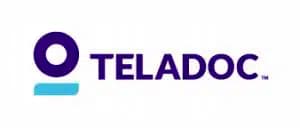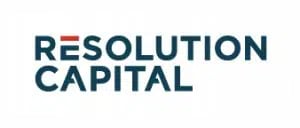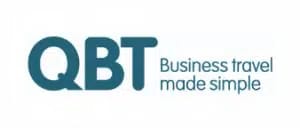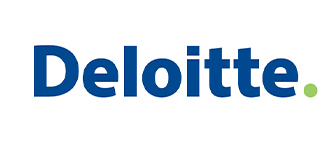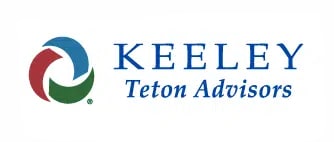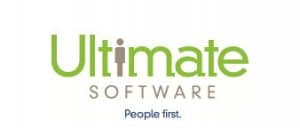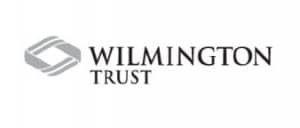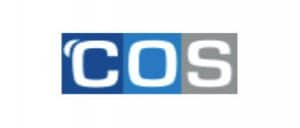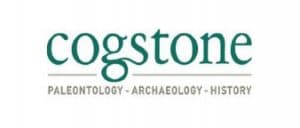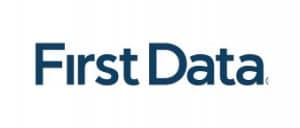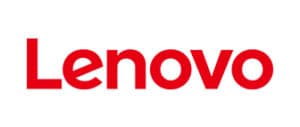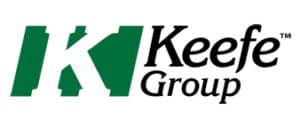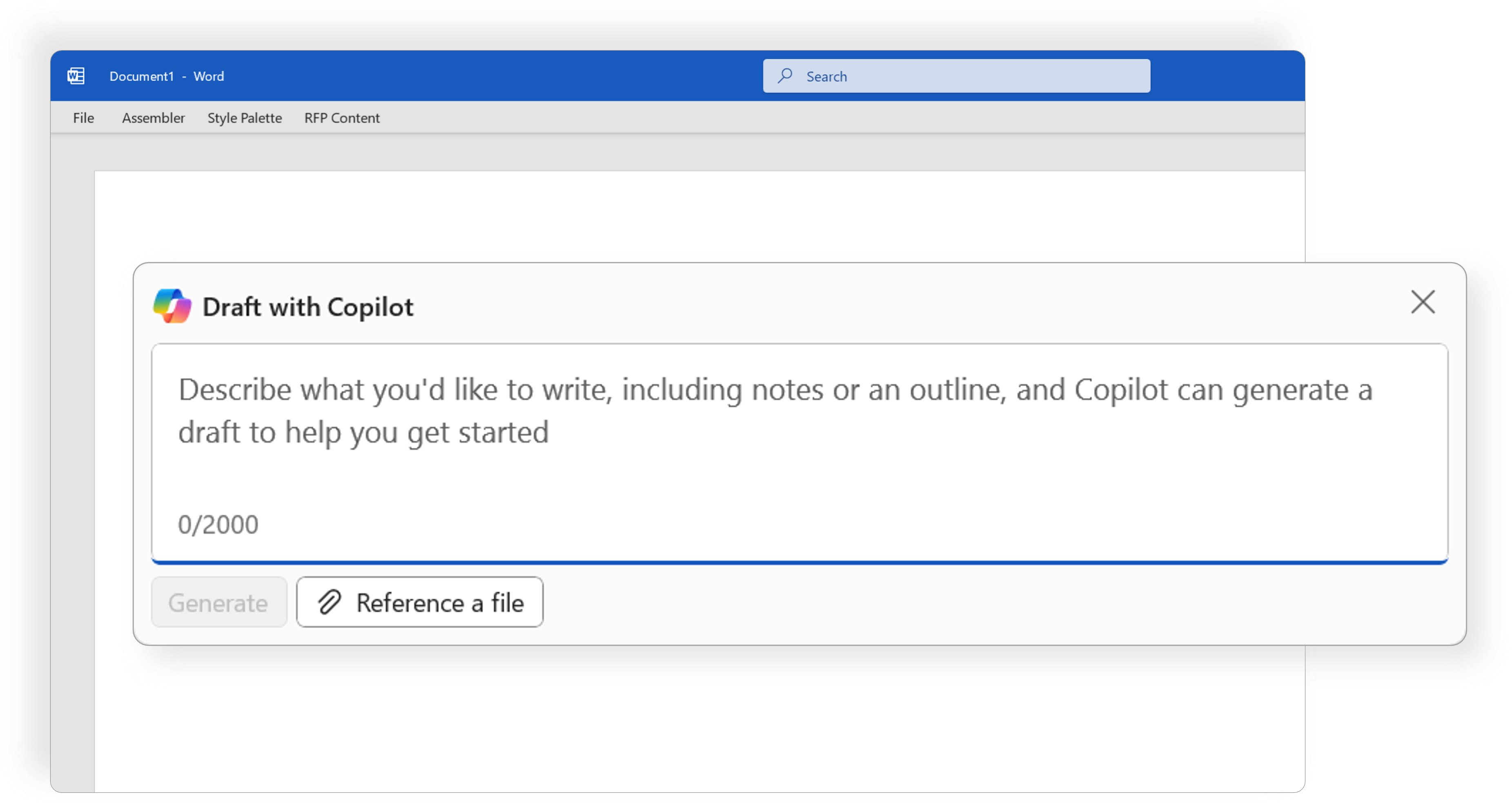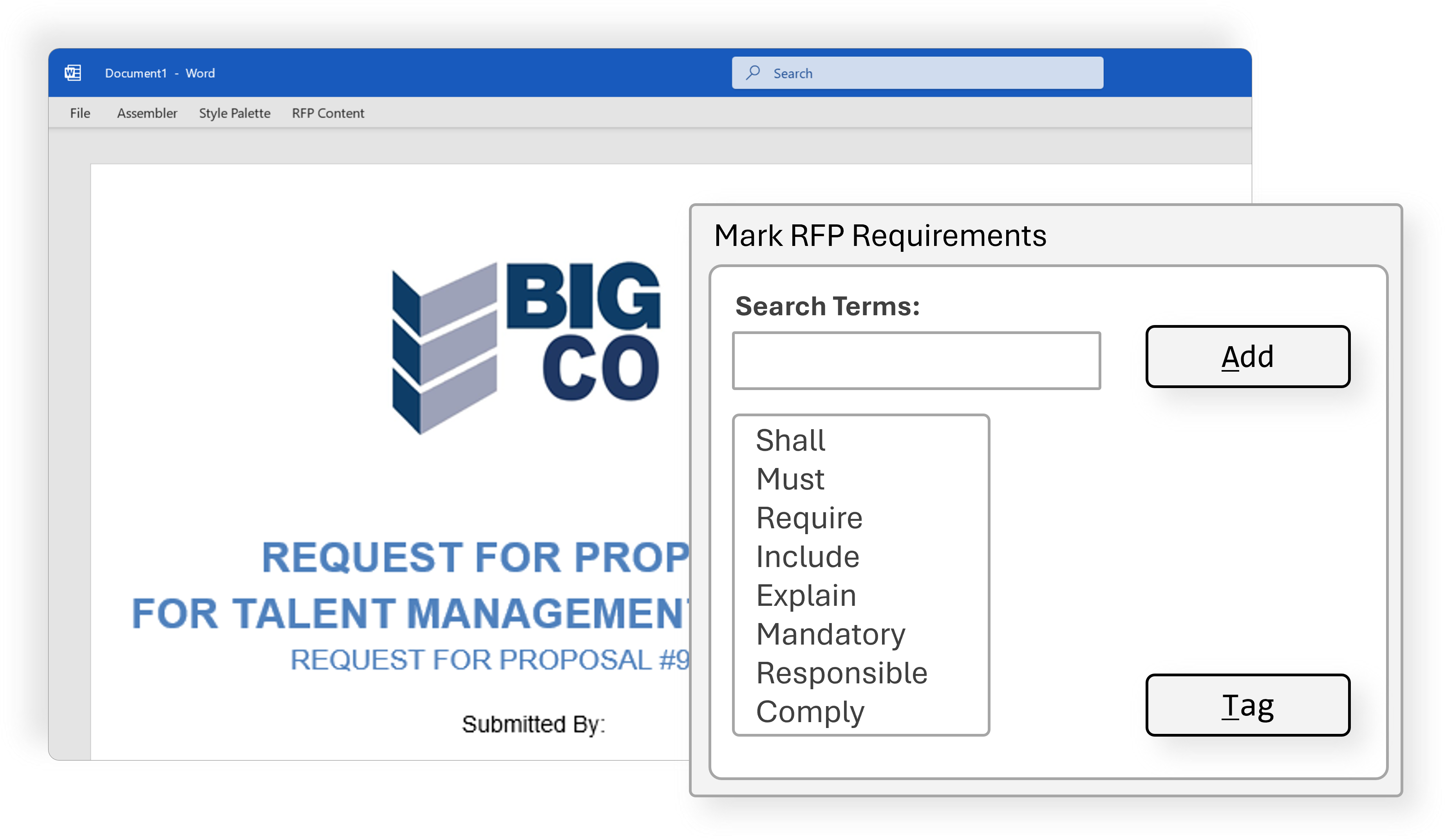Revolutionize Proposal Automation with Copilot AI
Automate Proposals with AI in Microsoft Word.
Streamline proposal creation with the smartest AI, the best content, seamless integration with Microsoft Word, and unmatched efficiency.
Find Trusted Content
Curated, branded content that you can trust, at your fingertips inside Microsoft Word. No proofing required.
Automate Complex Word Documents
Create complete proposals, sales documents, and SOWs in just a few clicks – even from Excel spreadsheets! Consistent, accurate, and perfectly formatted every time.
Expedience Software FAQs
Seamless Microsoft Copilot Integration
How does Expedience Manage RFP responses?
Do contributors need a license or training?
Even with dedicated proposal personnel, many others contribute to the final document. With Expedience, contributors never leave Microsoft Word and don’t need an Expedience subscription. This means less change, less to learn, and greater participation and collaboration.

